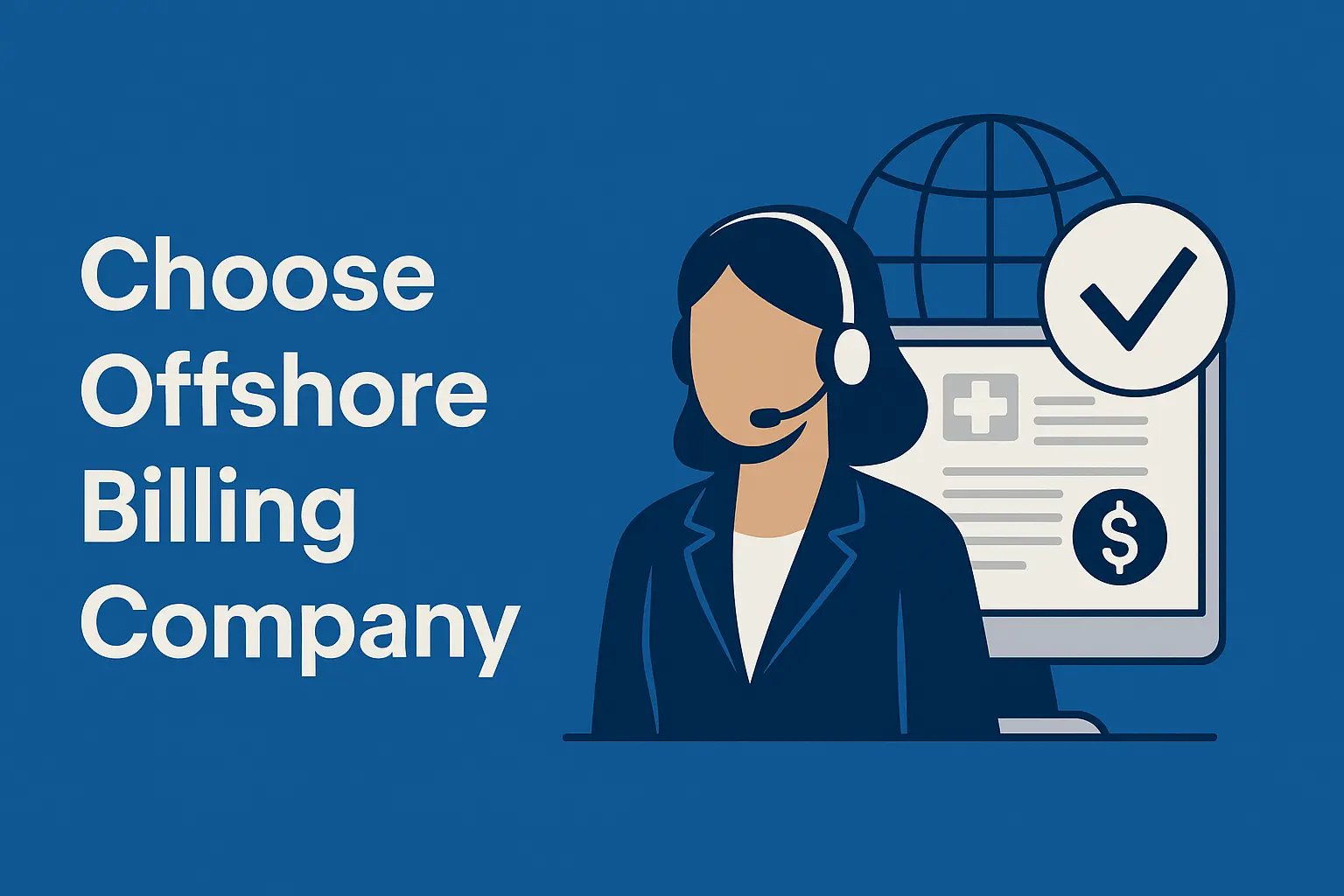
In today’s fast-paced healthcare industry, ensuring compliance with Medicare programs like the Merit-based Incentive Payment System (MIPS) is crucial for providers. Failing to meet MIPS requirements can lead to Medicare penalties, while high performance can unlock bonus reimbursements. But what exactly is MIPS, and how can healthcare providers navigate its complexities to avoid penalties and boost their financial success?
What is MIPS and How Does It Work?
The Merit-based Incentive Payment System (MIPS) is part of the Quality Payment Program (QPP) established by the Centers for Medicare & Medicaid Services (CMS). It aims to promote quality care by rewarding or penalizing healthcare providers based on their performance across four key categories:
- Quality: Evaluates patient care outcomes based on specific quality measures.
- Cost: Assesses the cost of care provided, calculated through Medicare claims.
- Improvement Activities: Reflects efforts to enhance patient care and outcomes.
- Promoting Interoperability: Focuses on how well practices use certified EHR technology to engage patients and share health data.
Providers receive a MIPS score between 0 and 100, which determines if they will receive a positive payment adjustment (bonus) or a negative payment adjustment (penalty) on their Medicare Part B payments.
How Does MIPS Affect Your Medicare Reimbursement?
MIPS is not just about compliance—it directly impacts your Medicare reimbursement rates. Providers with high MIPS scores are eligible for positive payment adjustments, earning them bonuses on their Medicare payments. On the other hand, poor performance leads to MIPS penalties, with up to a 9% reduction in reimbursement.
For instance, the MIPS performance in 2025 will affect Medicare reimbursements in 2027, so ensuring compliance today is essential for securing your practice’s financial future.
5 Proven Strategies to Avoid MIPS Penalties
To avoid Medicare penalties and ensure compliance with MIPS, healthcare providers need a solid strategy. Here’s how your practice can avoid costly penalties:
Understand MIPS Eligibility and Requirements
Start by checking your MIPS eligibility using CMS’s online resources. Not all providers are required to participate in MIPS, so confirming your status is the first step toward compliance.Report on Relevant Quality Measures
Select quality measures that are highly relevant to your specialty and align with your practice’s strengths. For example, if your practice specializes in diabetes management, focus on MIPS measures related to diabetic care.Utilize Certified EHR Technology
Make sure your practice is using certified EHR systems to comply with the Promoting Interoperability category. Efficient use of EHR can also boost patient engagement and improve clinical outcomes.Participate in Improvement Activities
Engage in activities that enhance patient care, such as improving care coordination or expanding access to telehealth services. These Improvement Activities can significantly boost your MIPS score.Track Your Performance Year-Round
Use performance tracking tools to regularly monitor your MIPS score throughout the year. Catching issues early allows you to adjust and improve your score before the reporting deadline.
Maximize Your MIPS Score and Boost Medicare Bonuses
Maximizing your MIPS score not only helps avoid penalties but also unlocks significant Medicare bonuses. Here’s how you can boost your score:
- Focus on High-Impact Quality Measures: Choose quality measures that directly impact patient outcomes and align with your practice’s strengths.
- Leverage Technology: Use advanced tools like EHR systems and automated billing solutions to streamline MIPS reporting and avoid human error.
- Collaborate with RCM Experts: Working with a Revenue Cycle Management (RCM) partner like Confair can help you navigate the complexities of MIPS, ensuring accurate reporting and maximizing your MIPS score.
Conclusion
MIPS can have a significant impact on your Medicare reimbursement, either enhancing it through bonuses or reducing it through penalties. By focusing on quality care, cost efficiency, and effective technology use, healthcare providers can not only avoid penalties but also achieve high MIPS performance scores that lead to greater financial rewards.
At Confair, we specialize in helping healthcare providers navigate MIPS, optimize their performance, and maximize Medicare reimbursements. Contact us today to learn how we can help your practice excel in MIPS reporting and achieve better financial outcomes.



